7 Reasons Why Your Snake Plant Is Falling Over
Snake plants are low-maintenance and sturdy plants. Since they are expected to thrive in all conditions, many plant owners might just ignore their demands. Falling over is the first of the few signs of a stressed snake plant. But why is your snake plant drooping? Let’s find out.
Overwatering, inadequate lighting, and excess fertilization are the root cause of a droopy snake plant. Other factors like fluctuation in humidity and temperature, root rot, pest infestation, poorly draining soil, etc., can also result in falling over snake plants.
With plants comes responsibility, which includes proper care and providing favorable conditions for your plant. Snake plants don’t ask for much but expect some consideration and have a few requirements.
By reading further, you will know why your snake plant leaves are falling over and how you can fix them.
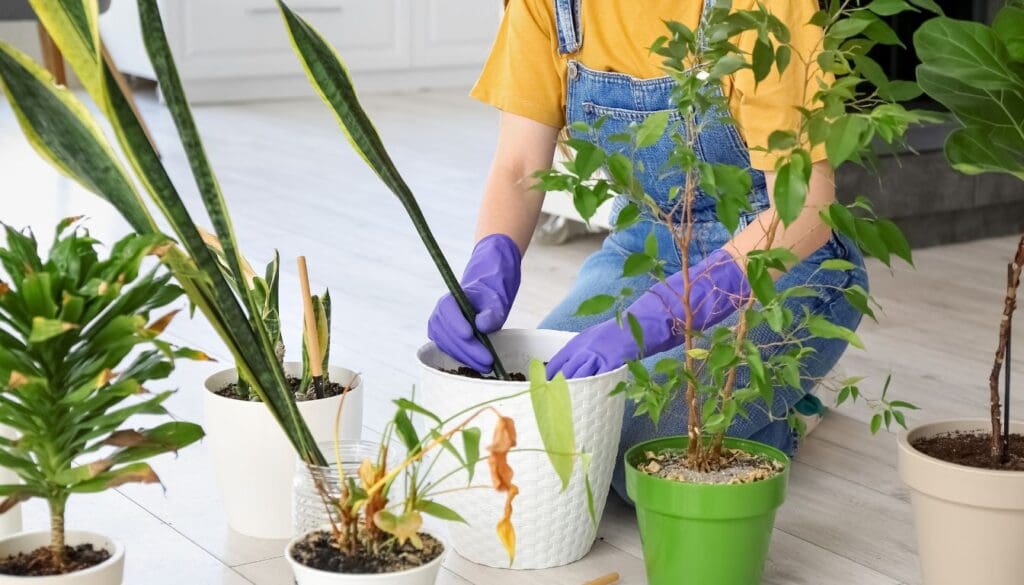
Please note: Simplify Plants is reader-supported. As an Amazon Associate, I earn from qualifying purchases made by our readers with no extra cost added to you all! Some links in the post are affiliate links and I get a commission from purchases made through links in the post.
What causes a snake plant to droop?
Snake plants fall over when there is something wrong. It can be internal, external, or both. Whether it is watering, lighting, soil mix, or cultural conditions that can be accessed with proper inspection.
We will take you further to learn more about the snake plant’s needs and why the leaves are falling over.
Inadequate watering can lead to droopy snake plant
Watering problems usually start when you over water, underwater, or water improperly. Snake plants have thick leaves that store water and can thrive in dry conditions easily.
When you overwater snake plants, the plant gets susceptible to root rot rapidly. They cannot thrive in soggy soil for too long and will start to show signs of stress. The first sign is droopy leaves and then yellow leaves and even more.
If you feel there is any chance of root rot development in the soil, you can water with 3% hydrogen peroxide for 2-3 months to kill any potential pathogen or fungal growth.
Watering less is also not right but can be tolerable by the snake plant for a comparatively long time.
But when watering the snake plant improperly, for example: sometimes your water at the right time, and sometimes you forget watering, then it leads to stress. The snake plant is stressed out, and thus it develops droopy leaves.
Water only when the plant needs, i.e., the soil should be dry even from within. This can be checked by digging a finger/skewer into the soil up to a few inches. If the soil is still moist, then you need to wait till the soil gets completely dry.
Improper lighting can lead to droopy snake plant

Snake plants can do well in any light availability because they are known to be hardy houseplants. They prefer bright indirect light, which will help them grow and stay healthy for a long time.
With long term dim light available for the snake plant, the plant leaves start to droop due to the lack of light required to produce energy to stay firm and lustrous.
Too much light can also result in droopy leaves in the snake plant as they will lose moisture rapidly. Snake plants can show signs of distress initially through their leaves.
It should be rectified slowly and not at once. If you are moving your plant from a shady area to a better light source, move gradually to brighter light.
Use curtains, shades, or other obstacles to block or filter direct sun coming on the snake plant.
Ideally, you should keep the snake plant a few feet away from the south-facing window. Give them ample light all day long.
The snake plant should not be kept in dim light and then overwatered. That will cause droopy leaves and then lead to more issues within.
Also read: How much light do snake plant need?
Too much humidity can make your snake plant droop
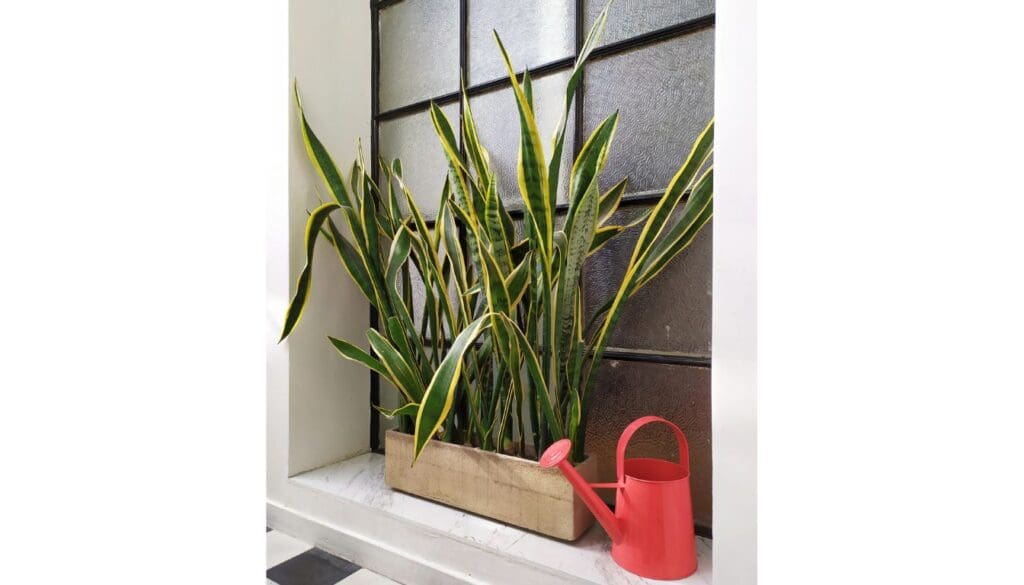
The snake plant does not need too much water or moisture to stay healthy and have healthy leaves. The moisture level should be maintained so that the plant stays happy. They are not moisture-loving.
High humidity can harm the snake plant as the leaves start to fall over as the moisture level goes up. When the humidity level goes over 60%, the snake plant’s leaves suffer as the moisture level is too much for them to thrive.
Ideally, a humidity level around 40% is what keeps the snake plant happy and thriving. Since the plant stores water, it needs much water neither in the soil nor in the atmosphere.
They need moderation neither too low nor too high. Such conditions continuing for a long time can be harmful to your snake plants. Use a humidifier to maintain the ideal level of humidity around the plant.
Poorly drained soil can cause your snake plants to droop

If your watering routine is in check, the problem could be the soil mix. Soil mix might be heavy and not draining adequate water. The potting mix for the snake plant should be well aerated and well-draining.
Heavy soil mix will hold water for too long and will not drain excess water, which will lead to the drowning of the soil and then root rot. This condition leads to falling out of the foliage.
The soil mix can be made well-draining by mixing half perlite to the potting mix along with a handful of worm compost to add fertility. You can also buy readily available soil mix for succulents from the market.
For checking if the soil is poorly drained, you should see while watering if the water is coming out immediately or within 2 minutes or not. Check the drainage system as well.
If you are repotting in fresh soil, then remove the existing soil as much as you can and repot in a relatively larger pot than before.
Also read: What kind of soil does snake plant need?
Insect infestation can lead to drooping leaves
When kept in unfavorable conditions, especially in high humidity and overwatered frequently, snake plants can attract pests very easily. It could be external also, i.e., due to other infested plants.
Pest infestation makes the plant vulnerable and leads from one issue to another. Falling over foliage are the initial signs of pests infestation as the leaves start to lose their energy as the pests keep on sucking their sap.
You need to immediately cut off damaged leaves, rotten roots, and repot in fresh soil. Sterilize the soil and follow watering methods, as discussed above. Use insecticide for a few weeks to control pests completely.

You can use chemical or organic methods available to control pest infestation, such as horticulture oil, neem oil, cinnamon powder, etc. The snake plant should not be over-watered and over-fertilized as this will add to the issue.
Continue the treatment till the pests are in complete control.
Also read: What happens if you pot a plant in too big of a pot
Change in temperature can lead to drooping leaves
The snake plant can tolerate temperature levels up to 50°F, but the plant may suffer if the temperature goes below that. Droopy leaves are initial signs of stress.
The fluctuations in temperature can stress the plant. The plant will suffer due to frequent changes in environmental conditions.
Even if you move your plant from one location to another to rectify the temperature issues, it might go into stress due to a sudden shift. Going slow with plants’ sudden shifts can affect their system internally.
During cold weather, the weather keeps getting colder, which can be regulated by keeping the snake plant nearby the furnace or other heating systems.
Provided the plant should not feel too much heat from such heating systems, as that can also lead to droopy leaves, brown leaves, etc.
Overfertilization can lead to drooping of snake plants

Snake plants are hardy and can survive long enough without water and food though other conditions should be kept in check. When you overfeed your snake plant, you affect the plant’s entire functioning from inside to outside.
The effect is that the excess fertilizer will affect soil fertility, lead to salt buildups, and increase the soil’s heat level. It will affect the leaves of the plant resulting in droopy leaves.
Snake can be fertilized during summer and spring but with a two months gap between fertilizing. During winters fertilizing should be avoided as it is a resting period for the plant. Unnecessary feeding will only harm the plant.
Fertilize with all-purpose houseplant fertilizer and can put a layer of compost on the soil. Avoid too much watering. But water the snake plant right to dissolve the fertilizer properly in the soil.
Also read: Do snake plant need fertilizer?
Some tips to remember
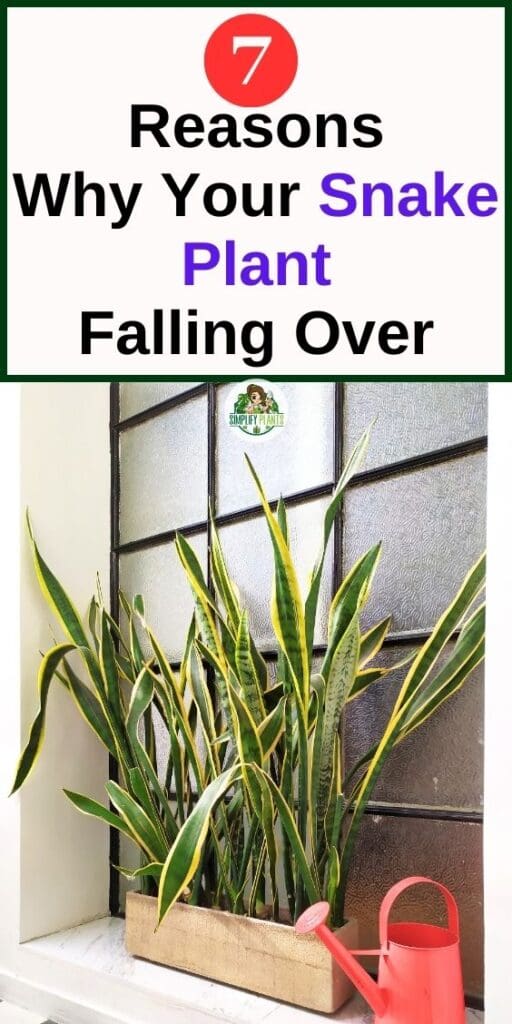
- Snake plants are low maintenance, but you need to be cautious that they don’t get ignored.
- Give them proper light and water. But Nothing should be overdone. Less water can work, but less light might not keep the snake plant happy for too long.
- Use porous soil and preferably porous containers to plant them as it will facilitate drainage and dry out the soil quickly, avoiding soggy soil.
- Keep removing debris, cutting any damaged leaves, and inspecting the reasons behind the damaged leaves.
- Do not mist around the snake plant as the leaves do not like water sitting on them. Occasional misting is allowed though.
- They are amazing looking plants and purify the air around them as a bonus, but are dangerous to pets and children too when ingested. So keep them In a safe spot away from pets and children.
Also read:
Source: The University of Arkansas Division of Agriculture, University of Minnesota, Snake plant profile, Lighting Indoor Houseplants
Note: Some images in the articles are sourced from Reddit and Other Platforms For Reference Purpose.

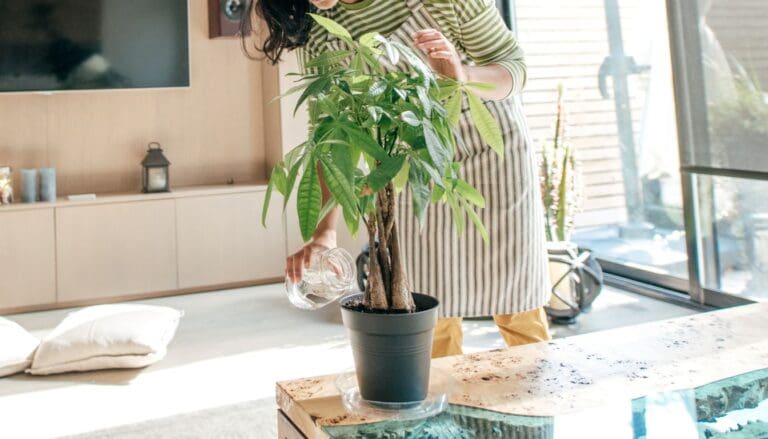


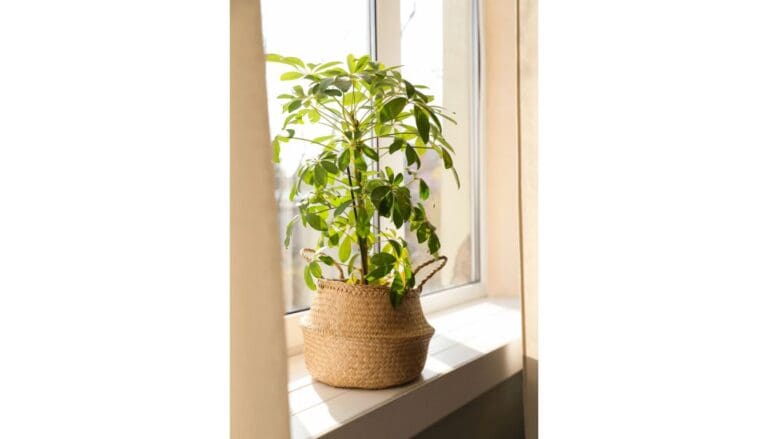


Thank you for the great information. It was very helpful as I was looking for help with my snake plant.
Oddly enough, it was the misuse of a word that compelled me to click to come to your web site. 🙂 Please check the definition of the word ‘kosher.’ You have used it as meaning something negative, which is totally opposite of the word’s definition, which means fit, proper, and legitimate. This is a positive!
When I saw the first lines of your answer I did a double take because it made absolutely no sense that if a plant was having a problem, it was due to a positive thing (kosher).
Thanks again for the great kosher information you provided!
Hey,
Thanks for taking out time to help us improve.
It might have been an error on my part and I have fixed the same.
Thanks and have a good day!
Hello I want to thank you for the article I have been growing snake plants for many years and yes they are a very forgiving plant but I have a question.. where I live it has rained more than I can ever remember this time of year recently. And I had been separating my largest mother-in-law tongue plants and they were repotted but it has rained unexpectedly so much I am now scared that they are not going to dry out as soon as it would be best for them to survive. I have not had them in terracotta pots which would be best. I don’t have large enough terracotta pots for the largest of the plants to go into what can I do now besides repotting them and putting fresh dry soil into them to hopefully save them because they also are drooping.. I hope to get a reply from you as soon as possible thank you so much.
You’re very welcome, and it sounds like you’ve been giving your snake plants a lot of love! Since they’ve had so much unexpected rain, the key now is to help the soil dry out and prevent root rot. If repotting into dry soil isn’t an option right away, here are a few things you can do:
Move the pots to the driest, brightest spot you have (but avoid harsh direct sun if they’re stressed).
Tip the pots slightly to let excess water drain out.
If possible, carefully remove just the top layer of soggy soil and replace it with dry, well-draining mix.
Make sure there’s good airflow around the plants to help the soil dry faster.
If you notice mushy or smelly roots later, repotting into fresh, dry soil will be the best solution. Snake plants are tough, so with some drying time, they’ll likely bounce back!